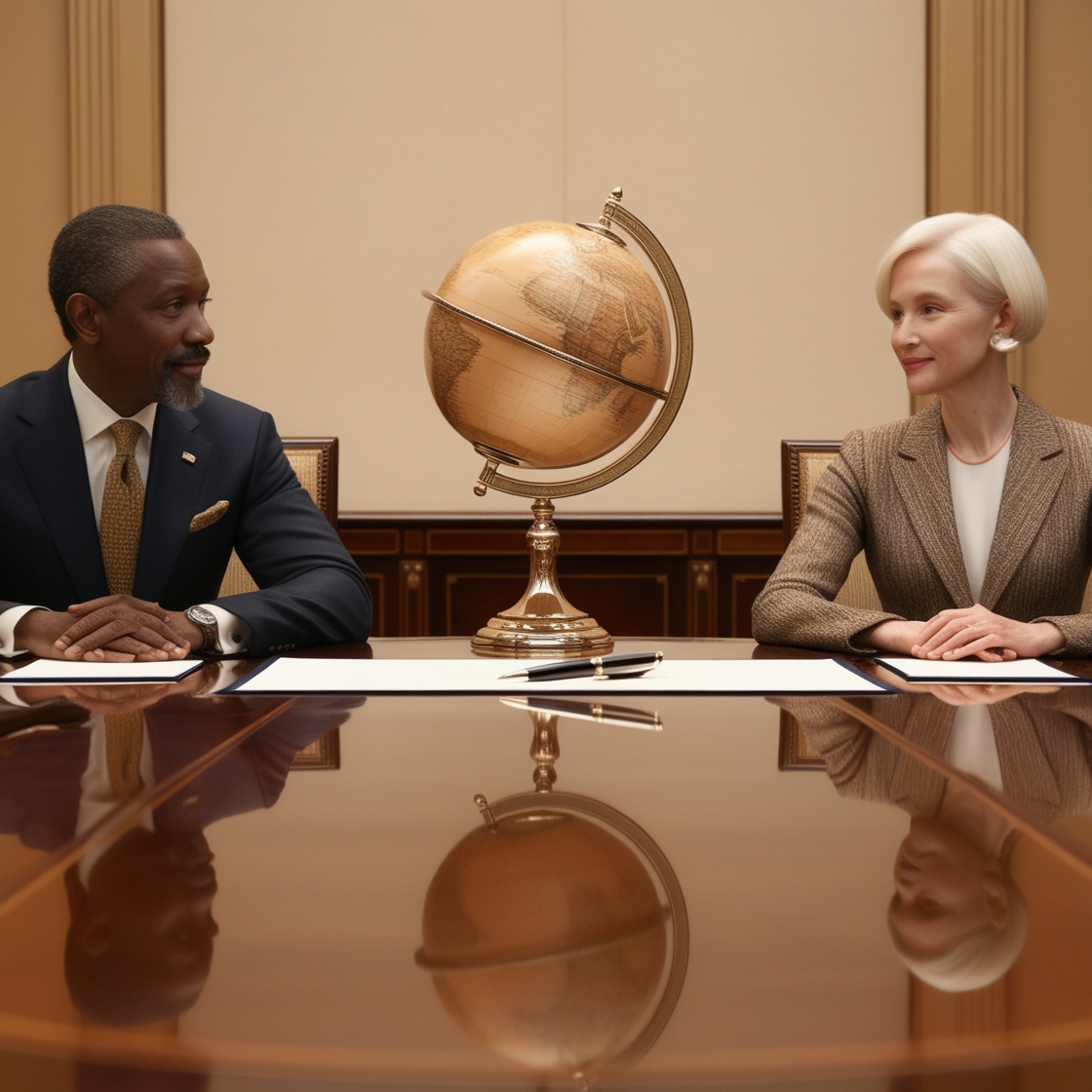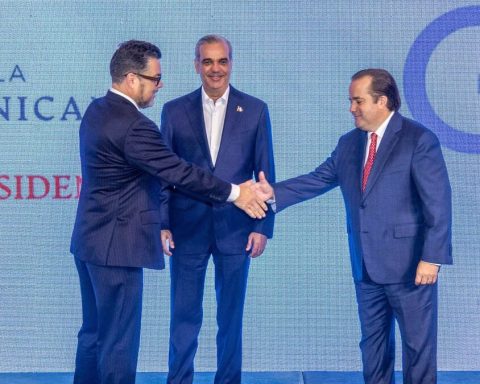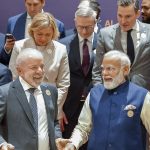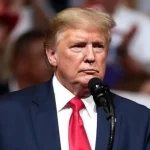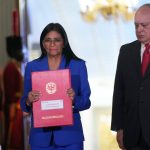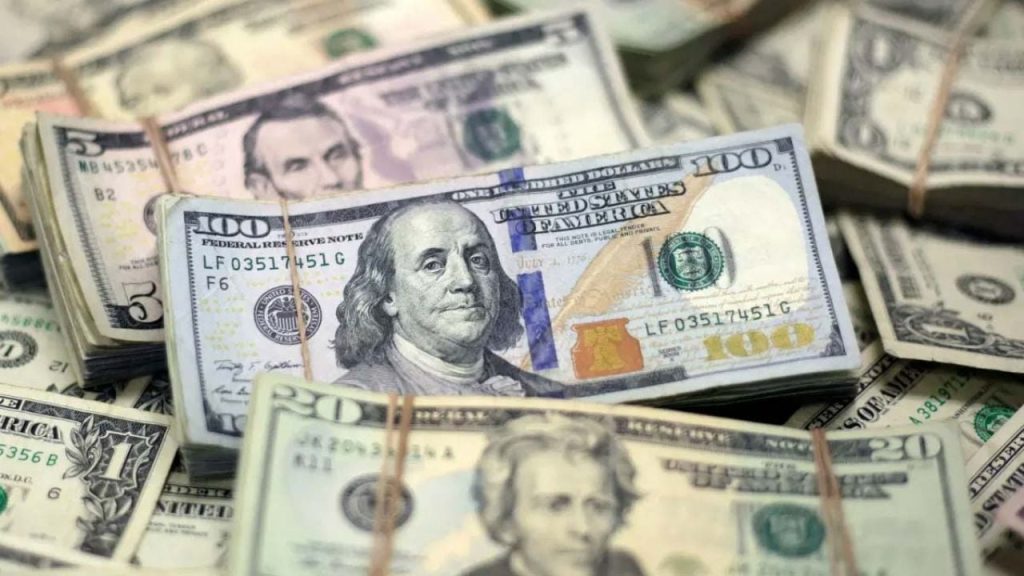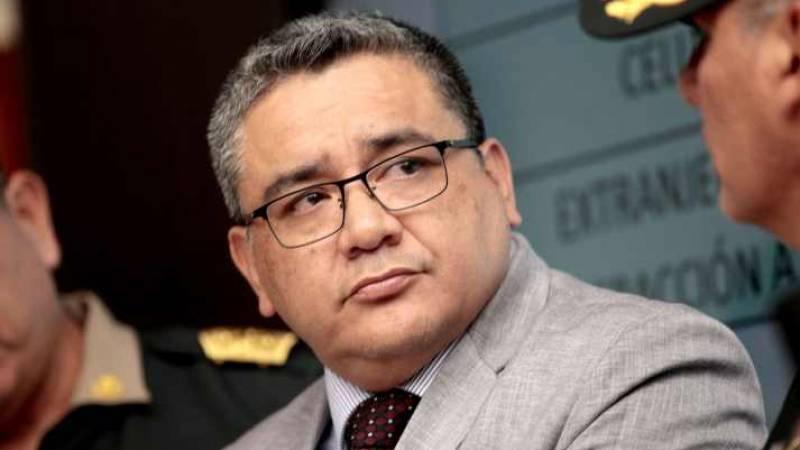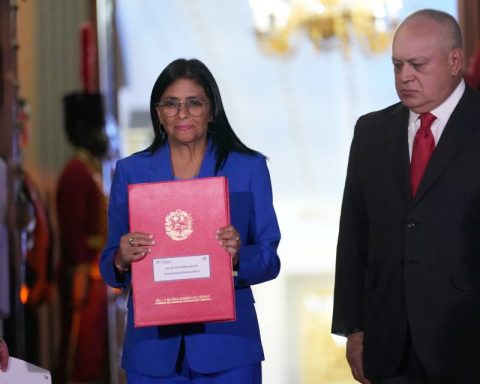In 2016, according to Ricardo Arredondo, a career diplomat and published in the El Derecho magazine of the Catholic University of Argentina, the press echoed a diplomatic situation generated by the decision of the Ecuadorian government to invite and decorate the former president of Argentina, Cristina Fernández de Kirchner, and the subsequent statements by the Argentine ambassador in that country, Luis Juez, who openly criticized that decision, were very notable.
This case illustrated a fundamental problem that diplomatic agents frequently face.
The principle universally accepted and recognized by the international community is that the diplomatic mission and its agents cannot intervene in matters that are exclusive to the State where they are accredited.
Such interference has been a source of discomfort for diplomatic agents, and observations that are considered to affect the internal affairs of the receiving State are generally received with irritation and classified as interference.
The sovereignty of States over their territory is the guiding principle of this obligation. Furthermore, it is illogical for a foreign agent to participate in the affairs of a State other than his own, since the reason for his being sent is precisely to perform official functions.
Not interfering in the internal affairs of another State is not merely a moral, protocolary or courtesy obligation, but is of a legal nature and is expressly codified in the Vienna Convention on Diplomatic Relations in its article 41, which provides: “Without prejudice to their privileges and immunities, they shall respect the laws and regulations of the receiving State. They are also obliged not to interfere in the internal affairs of that State.”
And it is aimed at prohibiting diplomatic agents, whether in their official or private activities, from interfering in the internal politics of the State in which they perform their functions.
Such statements by diplomatic representatives are often perceived in different ways. While the receiving State usually considers these acts as undue interference in its internal affairs, the sending State, i.e. the one that sends them, usually sees them as the promotion of democratic freedom or respect for human rights.
More often than not, it is the States with the greatest economic development and the greatest weight in the international system that tend to engage in such unjustified interference.
In conclusion, diplomatic officials must refrain from publicly criticizing local authorities and their policies, both national and foreign policy, in an attempt to affect political relations with other States, and that is why communications and comments must be channeled through diplomatic channels, especially through the Ministry of Foreign Affairs, as indicated in article 41 paragraph 2 of the Vienna Convention.
